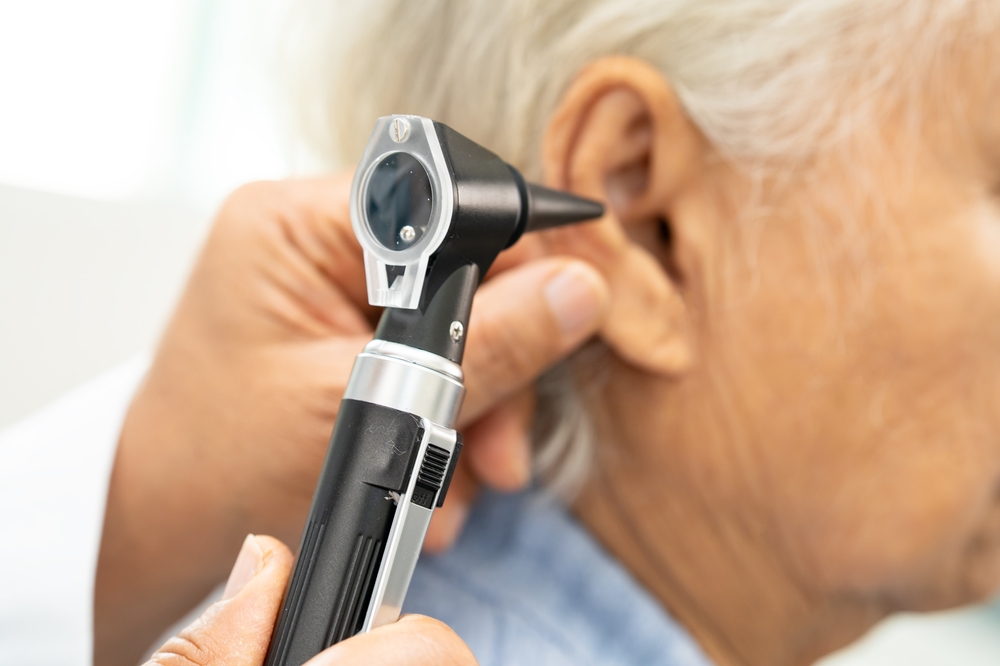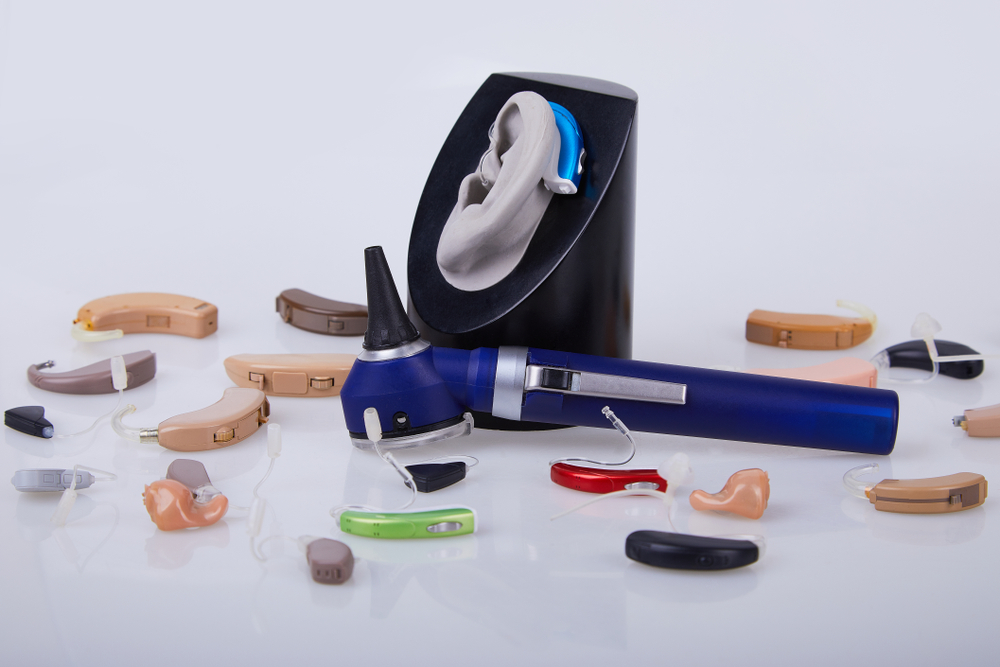Should symptoms like chronic nasal blockage, snoring, hearing challenges, or repeated infections become your baseline, it is time to look for significant medical improvement. Beyond simply managing symptoms, expert ENT intervention aims to restore your communicative clarity, sleep depth, and general vitality.
A large number of patients are often astonished at the profound impact ENT services have on their daily existence. Such improvements are frequently the result of straightforward clinical plans that patients tolerate exceptionally well. The following overview examines how ENT experts assist patients in achieving peak physical function and comfort.
Advanced Allergy Management Outside of Standard Medications
Perennial and seasonal allergic triggers can affect far more than your sinuses.
Associated symptoms may involve:
- Ongoing sinus congestion
- Post-nasal drip
- Sinus-related facial pain
- Headaches
- Generalized exhaustion
- Disturbed rest patterns
Specialized ENT allergy protocols usually initiate with identifying specific triggers through testing before creating a customized plan. Options for relief often involve precision medications, specialized nasal treatments, lifestyle changes, or immunotherapy. By managing allergies successfully, most patients experience a reduction in infections alongside clearer breathing, rest, and daily stamina.
Sinus Interventions for Clearer Respiration
The presence of chronic sinusitis or regular sinus infections can severely compromise your daily functional capacity. If pharmaceutical options fail to provide relief, an ENT professional can determine if a minimally invasive procedure or surgical option is appropriate.
Some good news: modern sinus treatments are far less disruptive than many patients expect. The focus remains on facilitating healthy sinus drainage, reducing internal swelling, and preventing future infectious episodes. Many individuals experience a decrease in sinus pain, easier respiration, better rest, and fewer absences from work post-treatment.
Total Solutions and Hearing Aids for Auditory Health
Hearing loss can impact communication, relationships, work performance, and even emotional well-being. Because of this, ENT specialists collaborate with a professional audiologist to ensure precise diagnosis and effective treatment recommendations.
Keep in mind that today’s hearing technology is far more sophisticated than in past years. Contemporary devices provide discreet aesthetics and tailored settings while ensuring an easy, comfortable fit. Many people enjoy an immediate transformation in their ability to communicate effectively and engage confidently in social settings. Proactive hearing care helps reduce exhaustion while safeguarding your cognitive function as you age.
Managing Snoring and Sleep Issues for Better Recovery
The act of snoring can represent a more significant health issue than a mere noise complaint. Snoring may point to underlying respiratory challenges or sleep apnea that impact your vitality and systemic health. ENT specialists evaluate nasal, throat, and structural factors that contribute to snoring and sleep disruption.
Depending on the specific trigger, care may include pharmaceutical therapy, oral appliances, or minor clinical procedures. The resolution of snoring usually promotes deeper sleep cycles, better concentration, and enhanced health for the patient and their spouse.
Beginning the Year Right with Comprehensive ENT Care
At its heart, ENT care empowers individuals to breathe better, sleep soundly, hear clearly, and reclaim their quality of life.
If ongoing ENT symptoms are holding you back, an evaluation with an ENT specialist can be a meaningful first step toward relief. Call us today to secure your appointment time. With a personalized medical plan, even long-term issues can be resolved, helping you enjoy a future of comfort and auditory clarity.


